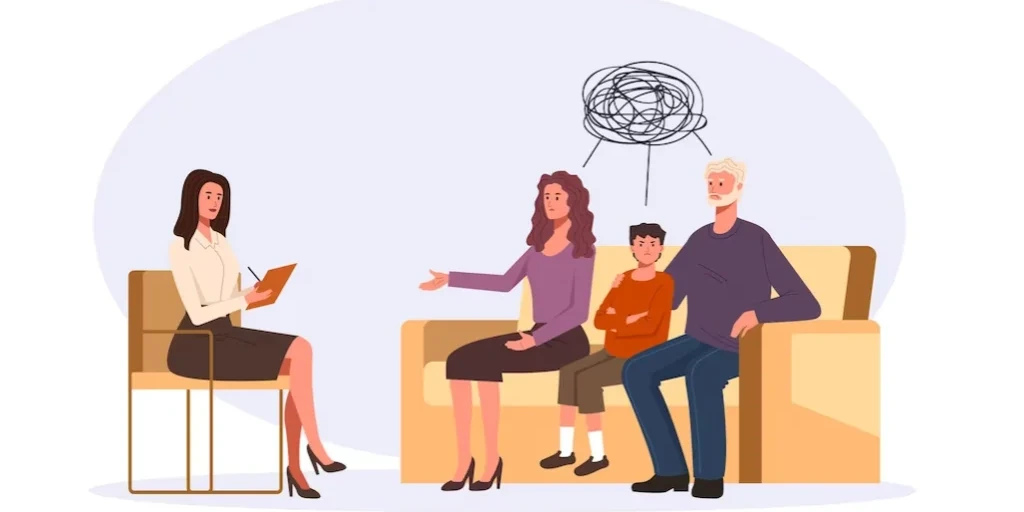24/7 Helpline:
(866) 899-221924/7 Helpline:
(866) 899-2219
Learn more about Opiate Detox centers in Ruston
Opiate Detox in Other Cities

Other Insurance Options

AllWell

UMR

Humana

Choice Care Network

Self-pay options

CareSource

WellCare Health Plans

Anthem

Highmark

WellPoint

Coventry Health Care

Magellan Health

Private insurance
Beacon

Amerigroup

Oxford

Optum

Ambetter

Molina Healthcare

Group Health Incorporated

Lincoln Nova Vital Recovery
Lincoln Nova Vital Recovery is a dual diagnosis, drug, and alcohol addiction treatment center locate...

Northeast Delta Human Services Authority
Northeast Delta Human Services Authority serves people with mental health issues, addictive disorder...



Professional Counseling Services of Ruston
Professional Counseling Services of Ruston is a private rehab located in Ruston, Louisiana. Professi...








































